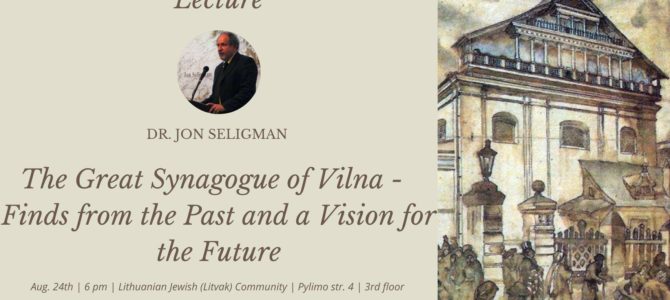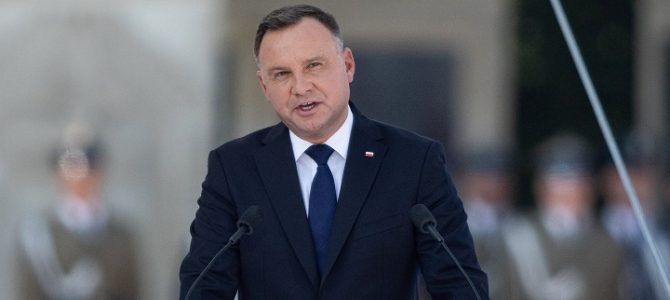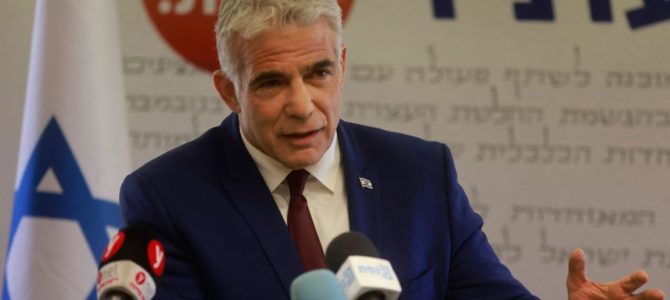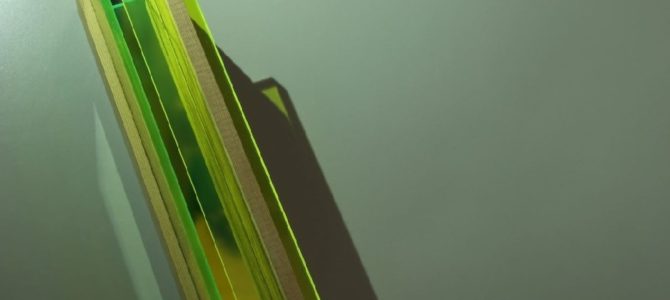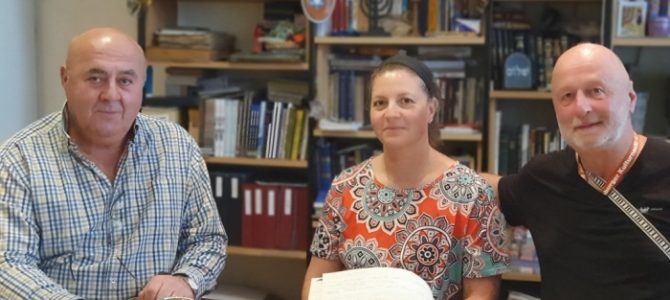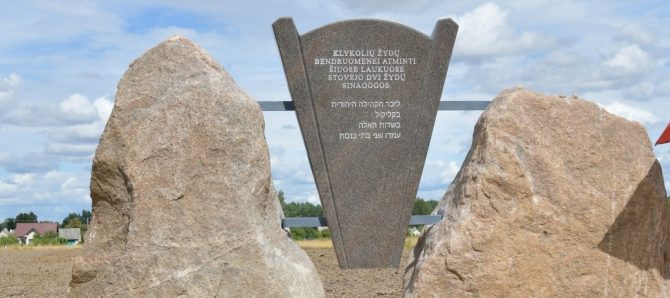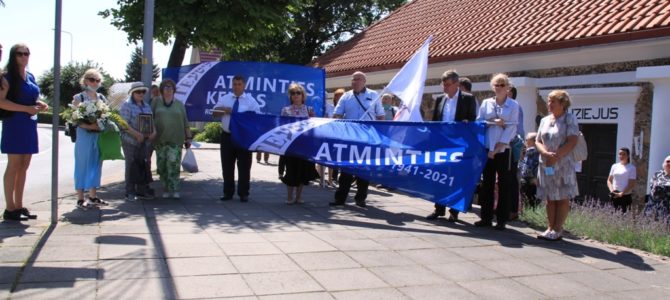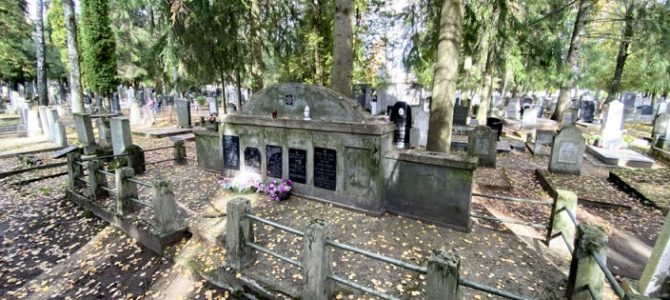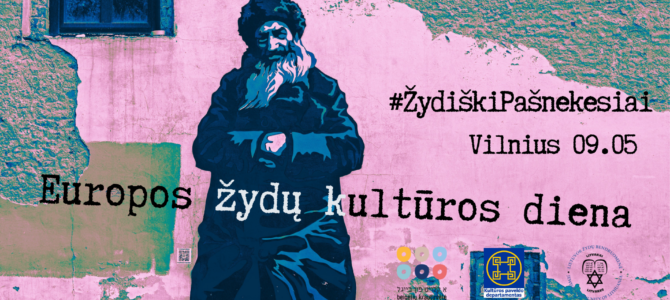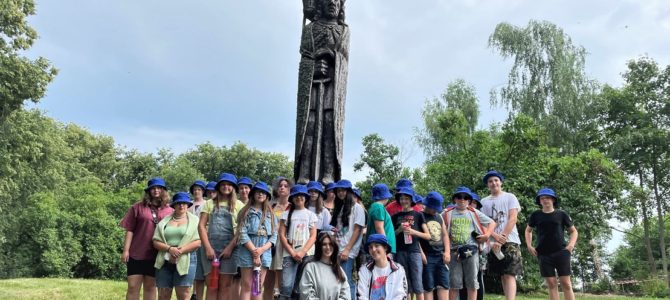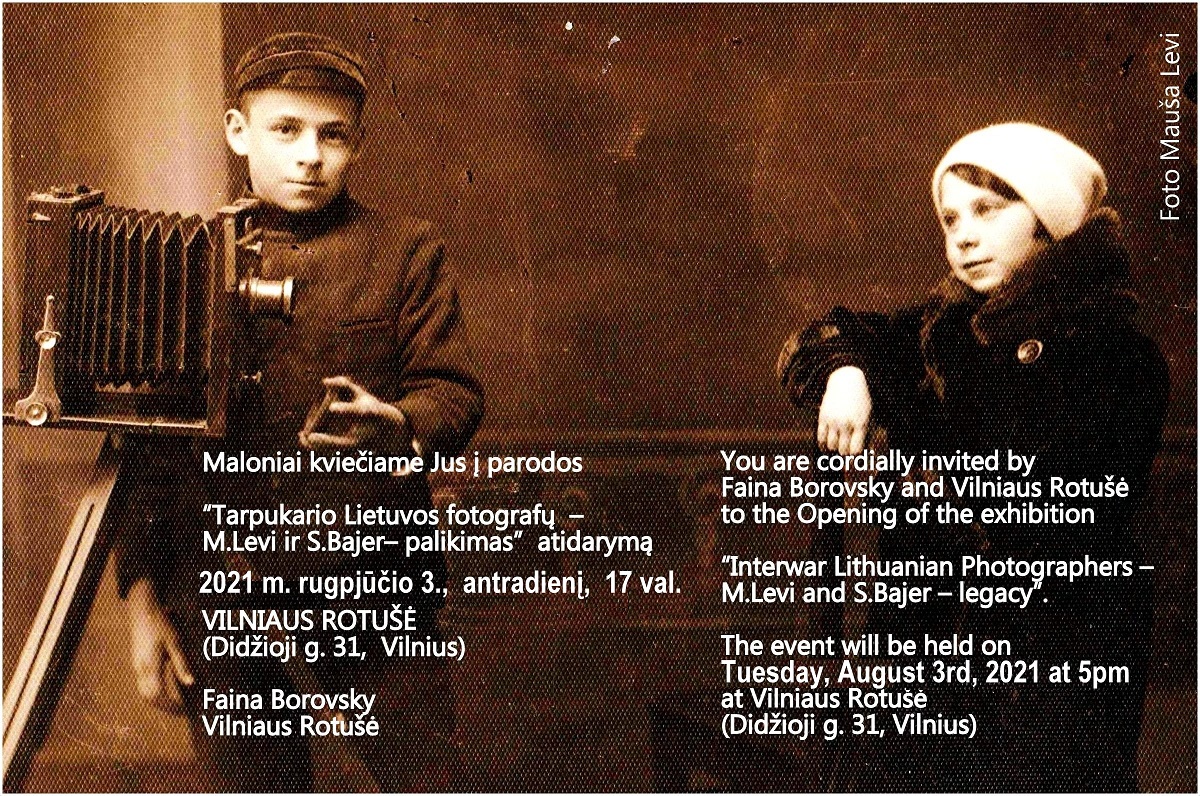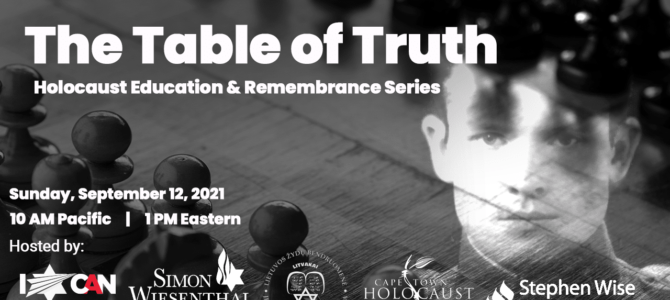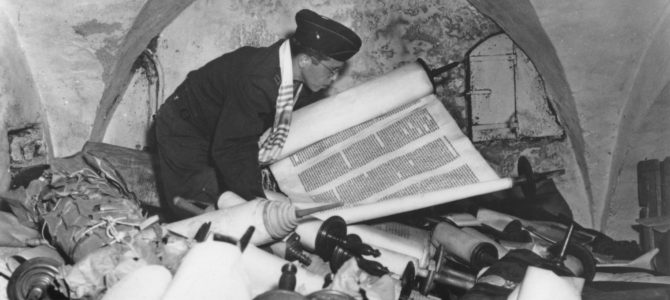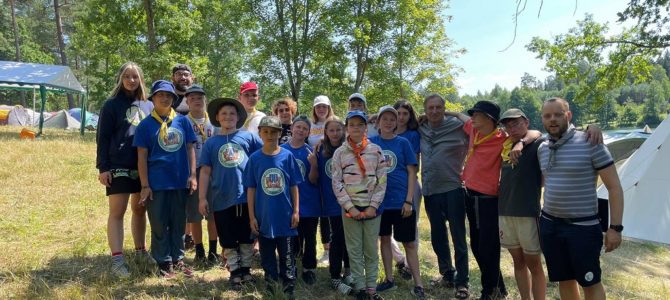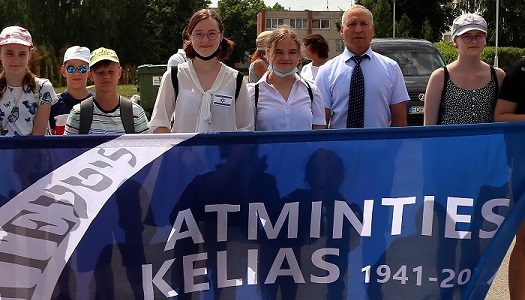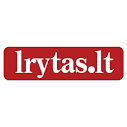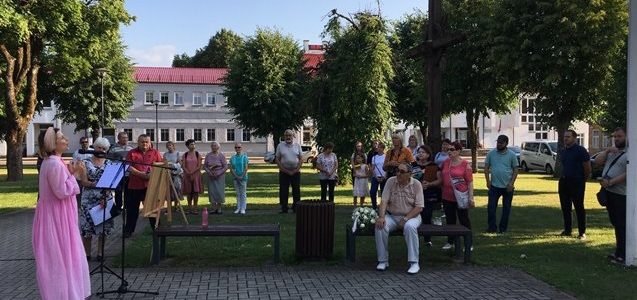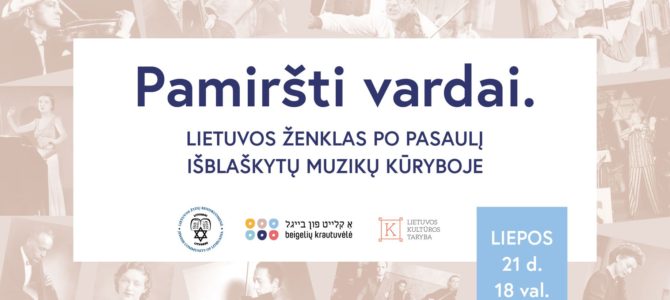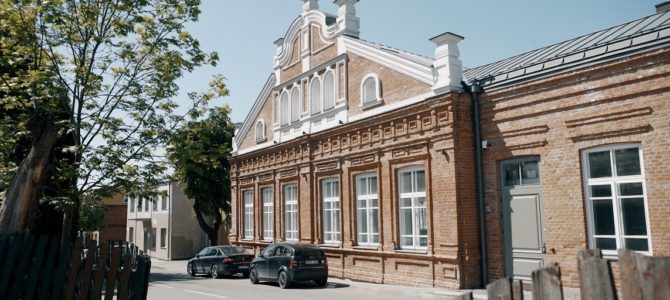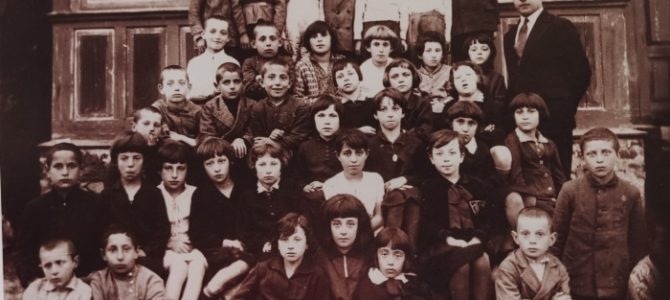Photo: Palace of Sports, Vilnius, courtesy BNS/Lrytas.lt
Now that the Lithuanian Government has rejected a plan to outfit a conference center in the Palace of Sports falling into disrepair in Vilnius, Lithuania’s Turto bankas maintains they’ve received no directions on how to use the space in the future. Nonetheless, this Lithuanian state property bank says it has to maintain the building and is considering carrying out necessary maintenance work there.
Turto bankas, the state agency responsible for the project, said they cannot comment further on the Government’s reasons for rejecting the plan. Government reps told BNS they will seek alternatives to the Congress Center conference center project.
“For now all we can say is the Government resolution for reconstructing the Palace of Sports as the Congress Center has not been rescinded, annulled or amended,” Turto bankas told BNS.



